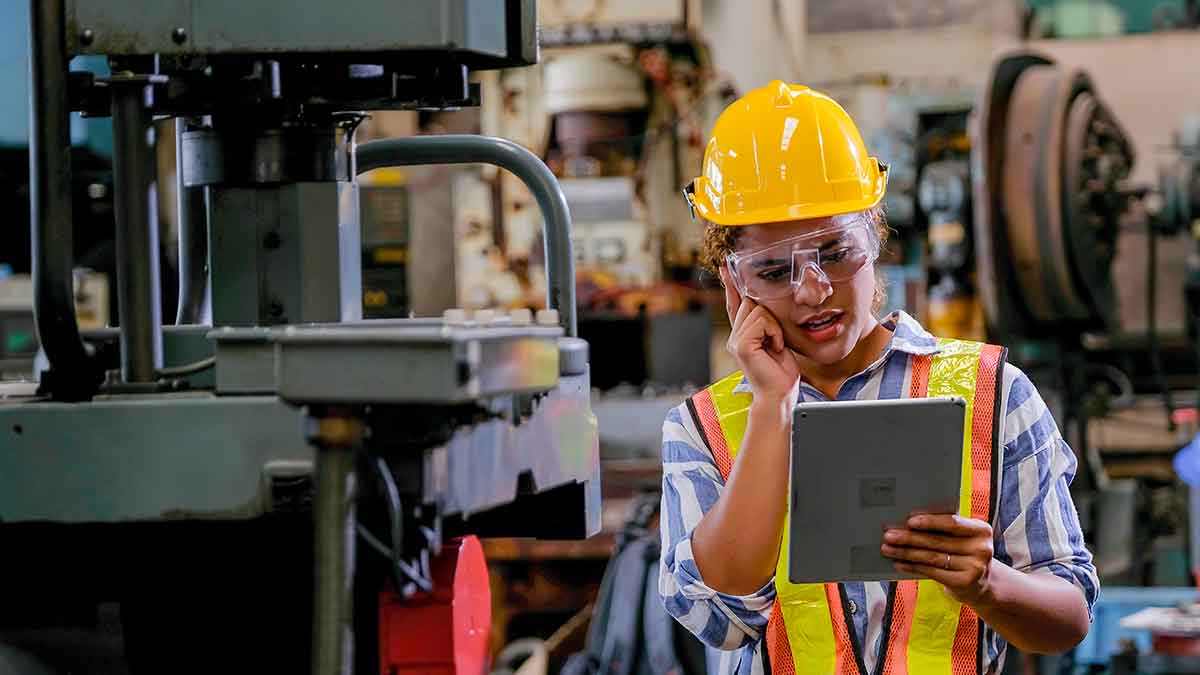Connected transportation holds the promise of a safer, more sustainable future. The use of IoT in transportation has resulted in Advanced Driving Assistance Systems (ADAS). These systems are transforming the way in which we view mobility and transport.
Real-time communication with the surrounding Internet-connected ecosystem is now possible. It is also possible to use real-time data to enhance operational efficiency and to make performance improvements.
The IoT revolution is opening up new opportunities that enhance the customer experience, increase security and create new business models.
The benefits of IoT in transportation are as follows:
–real-time tracking of shipments and rideshare,
–crash prevention and technology,
–route optimization,
–smart logistics.
The Real Disruption
When mentioning the changes introduced by IoT in transportation, the real disruption is worth mentioning to help stakeholders navigate the paradigm shift wrought by IoT and communication technologies, such as UMTS, HSPA or LTE.
Surprisingly, media attention focuses on the car-centric developments and the transformation towards fully automated cars. In addition, other transport areas such as the shipping and rail industries are making progress to improve safety, traffic flow, and cost reduction.
IoT is a pivotal driver for airports making better, more data-driven, operational, and strategic choices.
How will we travel around the globe in 2040-2050? Take into account that the aviation industry is one of the top ten global emitters of carbon dioxide (CO2). So, what will it look like in 2040-2050? How can we make sure that traveling is sustainable?
Security Concerns
These innovative solutions, which are available thanks to the implementation of IoT in transportation, can also pose serious technical and business challenges.
The complexity of connected cars is growing rapidly, not only in terms of technology, but also in terms of their social impact and needs.
All these advancements raise security, privacy, and sustainability concerns. Cyber carjacking is a growing problem. But do not worry, even though there is still much work to do, car manufacturers have begun to address the issue.
It is estimated that autonomous cars will soon produce 4,000 Gigabytes per hour of driving data, which will be enough to sustain approximately 3,000 people. Although we will need to learn how to handle such a large amount of information, the way in which IoT will improve the transportation industry is incredible.





